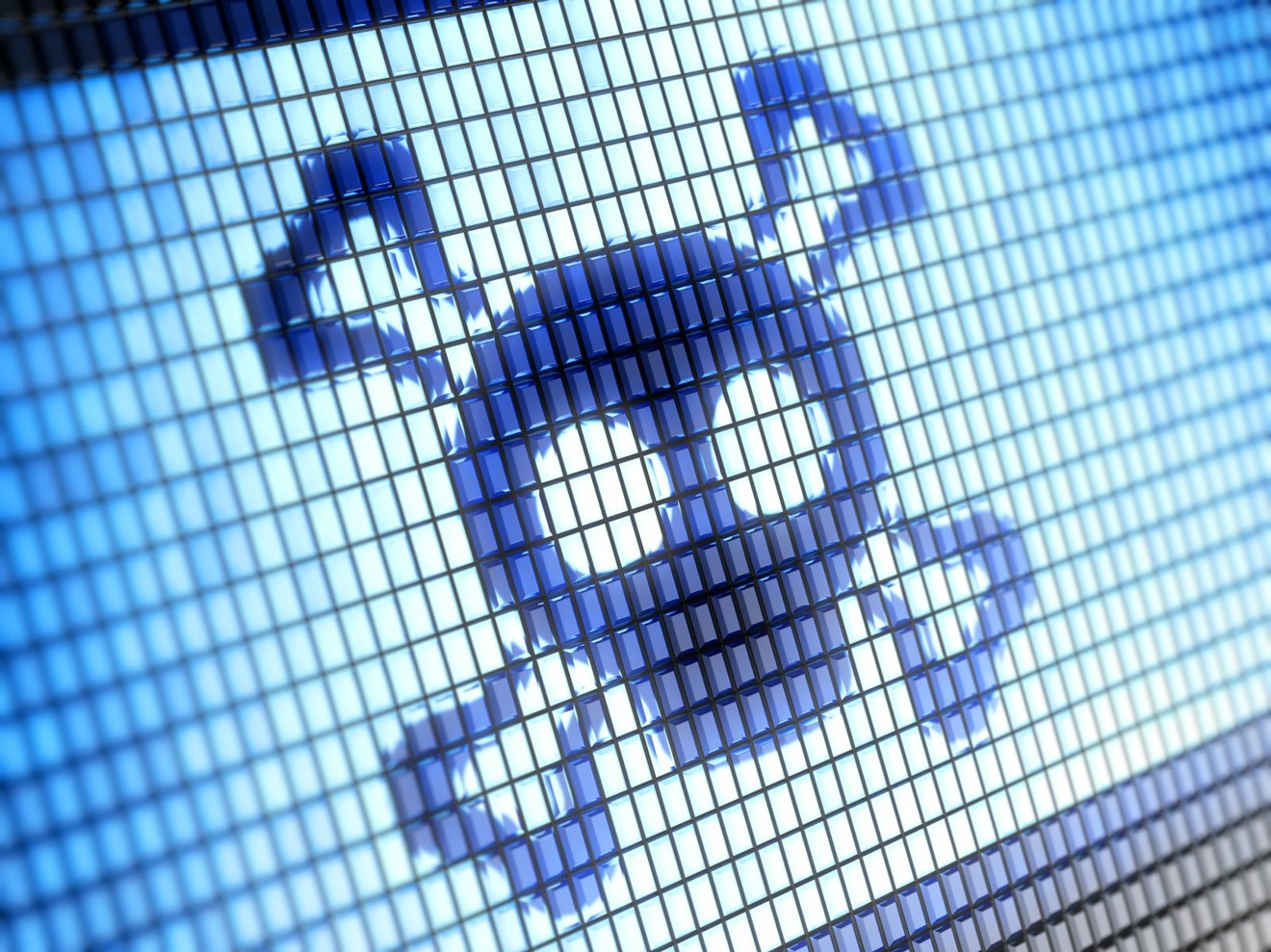A fresh look at malware intended to spy on people in the Middle East indicates that Apple isn't sharing definitions of existing threats with third-party antivirus (AV) companies, at least not consistently.
In publishing an analysis of "Meeting_Agenda.zip," a file containing the malware, Mac security specialist Patrick Wardle noted that only two antivirus providers, Kaspersky and ZoneAlarm, were able to properly flag it. Searching for related files on VirusTotal — a site commonly used by security professionals — Wardle uncovered four more, but three weren't detected by any AV platforms and the last was caught by just two.
"The fact that the signing certificate(s) of all the samples are revoked (CSSMERR_TP_CERT_REVOKED) means that Apple knows about this certificate... and thus surely this malware as well...yet the majority of the samples (3, of 4) are detected by zero anti-virus engines on VirusTotal," Wardle wrote.
Based on this, it's believed that Apple isn't sharing data according to standard industry practices. macOS has had its own anti-malware defenses since an update to 2009's Snow Leopard, but providing definitions to third parties increases the chances of catching and killing code, preventing its spread.
The malware analyzed by Wardle is neutered, Ars Technica commented, as even if a Mac is infected the control servers the software tries to reach are no longer online. When it was active, it would attempt to bypass macOS defenses to steal documents or screenshots for a group known as Windshift.
 Roger Fingas
Roger Fingas








 Christine McKee
Christine McKee
 Marko Zivkovic
Marko Zivkovic
 Mike Wuerthele
Mike Wuerthele

 Amber Neely
Amber Neely
 Sponsored Content
Sponsored Content
 Wesley Hilliard
Wesley Hilliard









14 Comments
On a slight tangent. If all of this information is public and mainstream enough to be written up by Forbes, then why do all of these anti-virus companies suck so bad.
Go figure Apple rolled their own.
Of course. Apple gets their panties in a twist when someone doesn't tell them about a vulnerability in their stuff but they act in the same way when they find something.
Apple is in the process of producing an "iLife" like suite of applications that will safeguard against, Malware, Virus' create strong passwords and all other crap that is on the internet.
For iOS 13 and MacOS 'Bakersfield' all Apple products will be anonymous to miscreants including Google, Facebook, twitter and all third part Apps that harvest data! :)
You heard it here first! :)
Best.